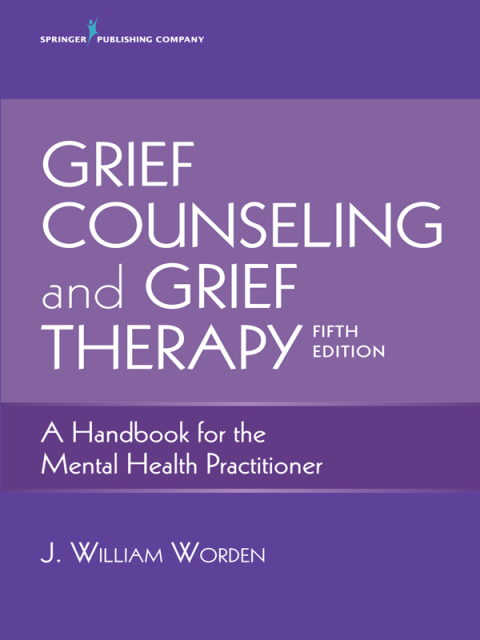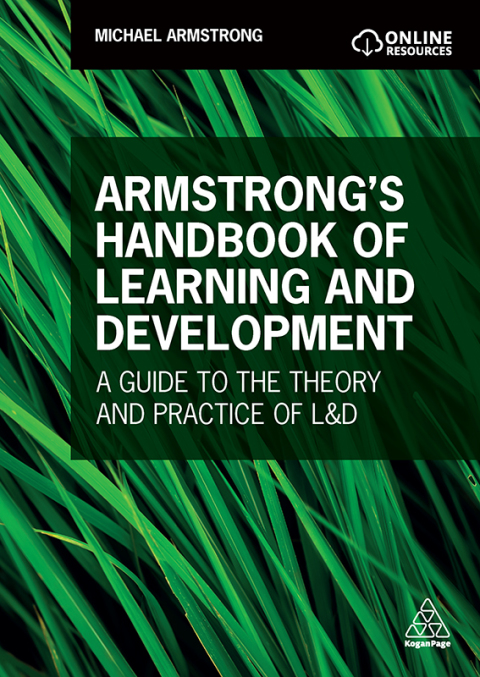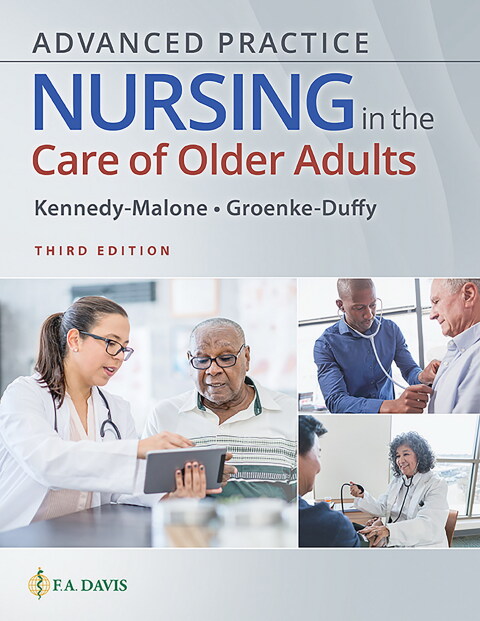Description
Efnisyfirlit
- Cover
- Title Page
- Copyright
- Contents
- Preface
- Share Grief Counseling and Grief Therapy: A Handbook for the Mental Health Practitioner, Fifth Edition
- Introduction
- Social Media and Online Resources
- What Is the Nature of Complicated Bereavement?
- Disenfranchised Grief
- Continuing Bonds
- Meaning Making
- Resilience
- Trauma and Grief
- Some Concluding Thoughts
- References
- 1. Attachment, Loss, and the Experience of Grief
- Attachment Theory
- Is Grief a Disease?
- Normal Grief
- Feelings
- Physical Sensations
- Cognitions
- Behaviors
- Grief and Depression
- For Reflection and Discussion
- References
- 2. Understanding the Mourning Process
- Tasks of Mourning
- Task I: To Accept the Reality of the Loss
- Task II: To Process the Pain of Grief
- Task III: To Adjust to a World Without the Deceased
- Task IV: To Find a Way to Remember the Deceased While Embarking on the Rest of One’s Journey Through Life
- Some Alternate Models to Consider
- Therese Rando’s Six “R” Model of Mourning
- Simon Rubin’s Two Track Model of Mourning
- Stroebe and Colleagues’ Dual Process Model
- For Reflection and Discussion
- References
- 3. The Mourning Process: Mediators of Mourning
- Mediator 1: Kinship: Who Died?
- Mediator 2: The Nature of the Attachment
- Mediator 3: How the Person Died
- Proximity
- Suddenness or Unexpectedness
- Violent/Traumatic Deaths
- Multiple Losses
- Preventable Deaths
- Ambiguous Deaths
- Stigmatized Deaths
- Mediator 4: Historical Antecedents
- Mediator 5: Personality Variables
- Age and Gender
- Coping Style
- Attachment Style
- Cognitive Style
- Ego Strength: Self-Esteem and Self-Efficacy
- Assumptive World: Beliefs and Values
- Mediator 6: Social Variables
- Mediator 7: Concurrent Losses and Stresses
- Caution: Mourning Behavior is Multidetermined
- When is Mourning Finished?
- For Reflection and Discussion
- References
- 4. Grief Counseling: Facilitating Uncomplicated Grief
- Goals of Grief Counseling
- Who Does Grief Counseling?
- When to Do Grief Counseling
- Where Should Grief Counseling Be Done?
- Who Receives Grief Counseling?
- Identifying the At-Risk Bereaved
- Counseling Principles and Procedures
- Principle 1: Help the Survivor Actualize the Loss
- Principle 2: Help the Survivor to Identify and Experience Feelings
- Principle 3: Assist Living Without the Deceased
- Principle 4: Help Find Meaning in the Loss
- Principle 5: Help Find Ways to Remember the Deceased
- Principle 6: Provide Time to Grieve
- Principle 7: Interpret Normal Behavior
- Principle 8: Allow for Individual Differences
- Principle 9: Examine Defenses and Coping Styles
- Principle 10: Identify Pathology and Refer
- Useful Techniques
- Evocative Language
- Use of Symbols
- Writing
- Drawing
- Role-Playing
- Cognitive Restructuring
- Memory Books
- Directed Imagery
- Metaphors
- The Use of Medication
- Grief Counseling in Groups
- Choose a Group Format
- Prescreen Participants
- Define Expectations
- Establish Ground Rules
- Determine Leadership Approach
- Understand Interpersonal Dynamics
- Handle Disruptive Behaviors Effectively
- Facilitating Grief Through Funeral Rituals
- Does Grief Counseling Work?
- For Reflection and Discussion
- References
- 5. Abnormal Grief Reactions: Complicated Mourning
- Why People Fail to Grieve
- Relational Factors
- Circumstantial Factors
- Historical Factors
- Personality Factors
- Social Factors
- How Grief Goes Wrong
- An Emerging Diagnosis of Complicated Grief
- An Existing Model of Complicated Mourning
- Chronic Grief Reactions
- Delayed Grief Reactions
- Exaggerated Grief Reactions
- Masked Grief Reactions
- Diagnosing Complicated Mourning
- Clue 1
- Clue 2
- Clue 3
- Clue 4
- Clue 5
- Clue 6
- Clue 7
- Clue 8
- Clue 9
- Clue 10
- Clue 11
- Clue 12
- For Reflection and Discussion
- References
- 6. Grief Therapy: Resolving Complicated Mourning
- Goals and Settings of Grief Therapy
- Procedures for Grief Therapy
- Rule Out Physical Disease
- Set Up the Contract and Establish an Alliance
- Revive Memories of the Deceased
- Assess the Mourning Tasks With Which the Patient Is Struggling
- Deal With Affect or Lack of Affect Stimulated by Memories
- Explore and Defuse Linking Objects
- Help the Patient Acknowledge the Finality of the Loss
- Help the Patient Design a New Life Without the Deceased
- Assess and Help the Patient Improve Social Relationships
- Help the Patient Deal With the Fantasy of Ending Grieving
- Special Considerations for Grief Therapy
- Techniques and Timing
- Dreams in Grief Counseling and Therapy
- Some Considerations
- Evaluating Results
- Subjective Experience
- Behavioral Changes
- Symptom Relief
- For Reflection and Discussion
- References
- 7. Grieving Special Types of Losses
- Suicide
- Counseling Survivors of Suicide Victims
- Reality Test the Guilt and Blame
- Correct Denial and Distortions
- Explore Fantasies of the Future
- Work With Anger
- Reality Test the Sense of Abandonment
- Help Them in Their Quest to Find Meaning in the Death
- Sudden Death—Violent Deaths
- Sudden Infant Death Syndrome (SIDS)
- Miscarriages
- Stillbirths
- Abortion
- Anticipatory Grief
- HIV/AIDS
- Contagion
- Stigma
- For Reflection and Discussion
- References
- 8. Grief and Family Systems
- Death of a Child
- Grief of Grandparents
- Children Whose Parents Die
- Family Intervention Approaches
- Grief and the Elderly
- Interdependence
- Multiple Losses
- Personal Death Awareness
- Loneliness
- Role Adjustment
- Support Groups
- Touch
- Reminiscing
- Discussing Relocation
- Skill Building
- Family Versus Individual Needs
- For Reflection and Discussion
- References
- 9. The Counselor’s Own Grief
- History of Loss
- Stress and Burnout
- For Reflection and Discussion
- References
- 10. Training for Grief Counseling
- Index






Reviews
There are no reviews yet.